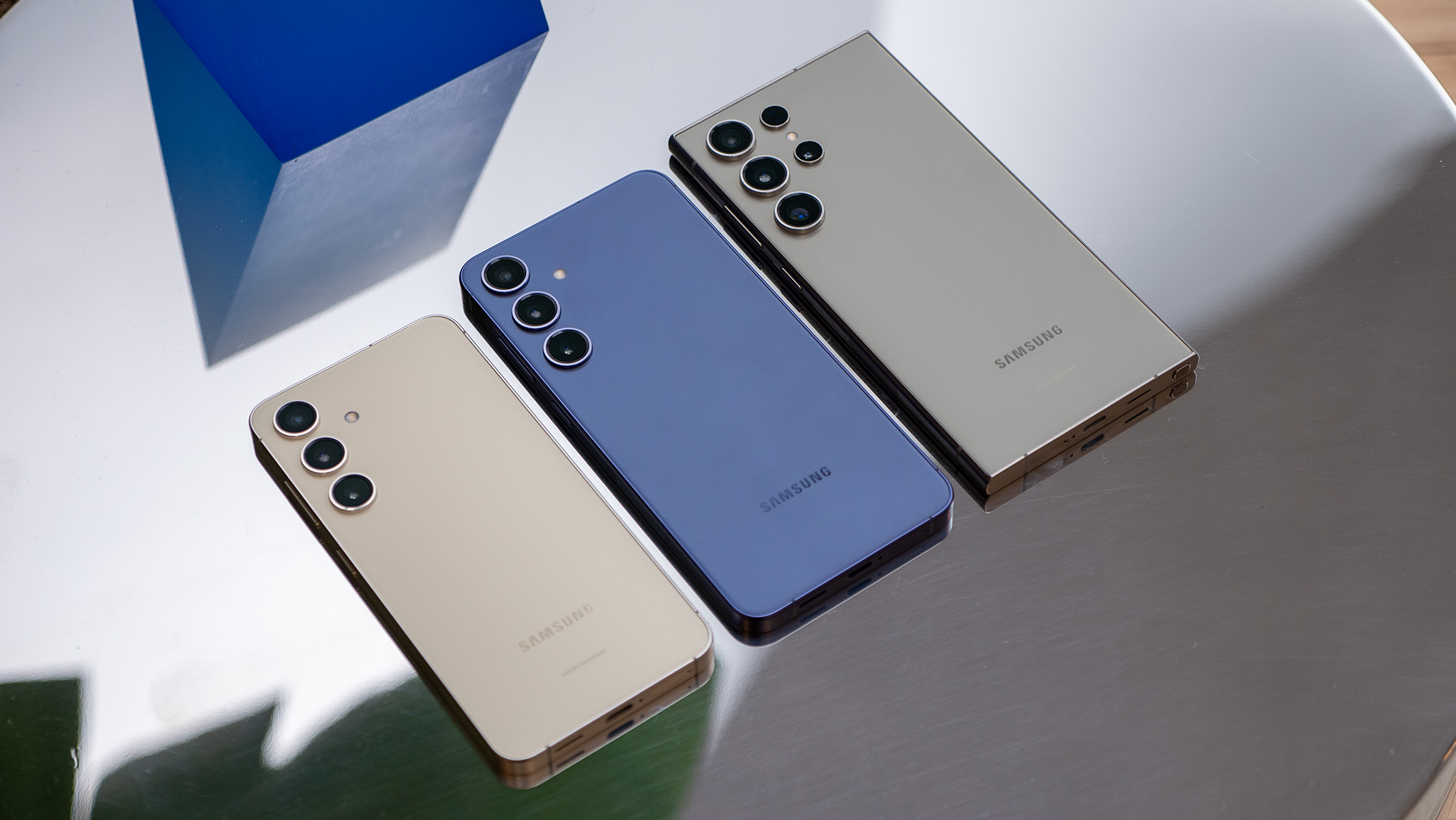Rich Dev, Poor Dev: Why some succeed where others fail - Talk Mobile
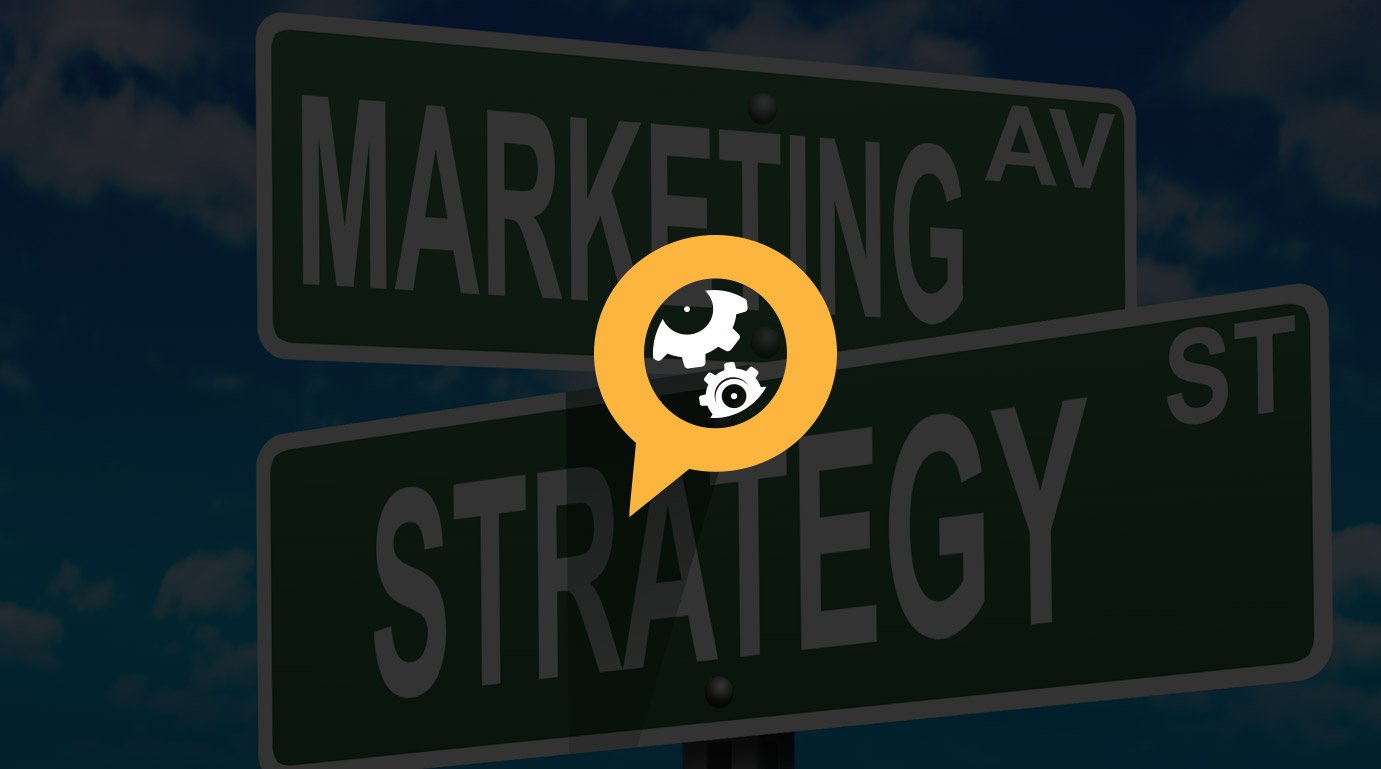
Presented by Blackberry
Talk Mobile Gaming
Rich Dev, Poor Dev: Why some succeed where others fail
Both iOS and Android are both rapidly approaching the million app mark. It's an absurd number of apps, and making a living in that vast sea is a tough prospect. Windows Phone and BlackBerry 10 are both over 100,000 apps, which on its own is also an absurd number. How is a developer supposed to get noticed when there are thousands upon thousands of other apps in the same store?
A developer can rely on search and word-of-mouth, but that's only going to get them so far. How is a developer supposed to get their app featured on the platform storefront? How are they supposed to tell users and publications about their app? And just how can they convince users to actually download the app? Is it better to be flashy or funny, informative or intriguing? Does it matter what audience you're targeting?
Just bobbing up and down in the waves of a million other apps is counting on an impossible stroke of luck to get noticed. Developers can be their own best advocates - but how does somebody who specializes in code and interface design come to understand what it takes to market their wares?
Let's get the conversation started!
By Daniel Rubino, Kevin Michaluk, Phil Nickinson & Rene Ritchie
Be an expert in 5 minutes
Get the latest news from Android Central, your trusted companion in the world of Android
Play




Day one
Articles navigation

Daniel Rubino Windows Phone Central
There are the apps that you need, and then the apps that you want
One of the greatest ways is sometimes the one most often missed: community outreach. A developer's best advocate can be those who are most active on OS-dedicated websites. They're more likely to leave feedback and ratings, which help boost an app's visibility. They also engage with others to "spread the word", acting like unofficial ambassadors. If you can convince the die-hard believers, you can help leverage that community. Never underestimate the power of word-of-mouth.
Never underestimate the power of word-of-mouth.
Another benefit is demonstrating that the developer cares about the app and its users. Sure, we can give the benefit of the doubt to most developers that they do indeed care for their app and their audience, but directly engaging with them via email, forums, comments, and social networking goes the extra step by offering a personal touch. Once that trust and reputation is built, developers can leverage it for their next app. A lack of reputation and trust can be a death knell.
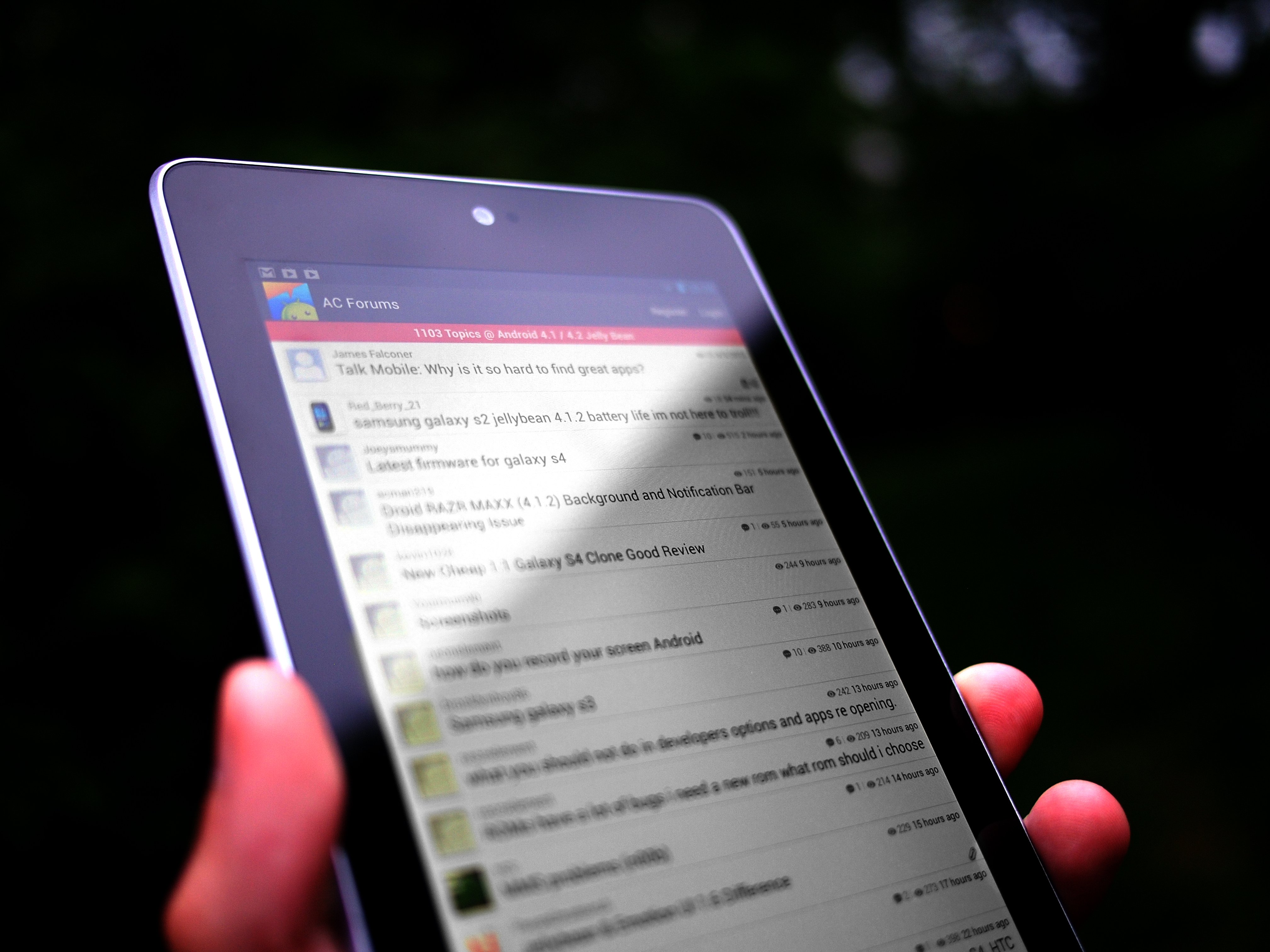
Taking it to the users
Outlets like Twitter are good for talking to existing users but, finding new users can be a different matter. The just-starting developer has to go directly to the users. There are two big options: communities and news sites. It's where the users already are.
The communities are where the frontline influencers live. While a forum like CrackBerry with nearly 4 million registered users, or Android Central with a healthy 1.5 million, is just a slice of the userbase, they are among the most dedicated and enthusiastic ambassadors one could hope for. If a developer wants to make it, they are the users that need to know about the app.
There are the blogs; the Mobile Nations sites, for example, have a combined 15 million readers per month. That's a lot of eyeballs. Where forums are the packed club where everybody knows each other, blogs are a bullhorn out on the street.
Besides reaching out and engaging directly with their audience, developers should also use modern platform-dedicated websites as an opportunity for promotion. Sending a simple press release with screenshots, the app itself, and maybe a video demo may be all that is needed to grab an editor's eye for a proper post or app review. Don't assume that just because you have built an amazing app or game that it will rise to the top just on its own. It's often the sweat and blood of a media savvy dev who wins out in the end.
Finally, there is the most obvious part: build a compelling, well-designed, and useful app. You can have all the PR skills in the world, but nothing can save a bad app from itself. Listen to the community, know what they want. To break out a cliché: build it and they will come.
Q:
How do you find out about new apps?
313
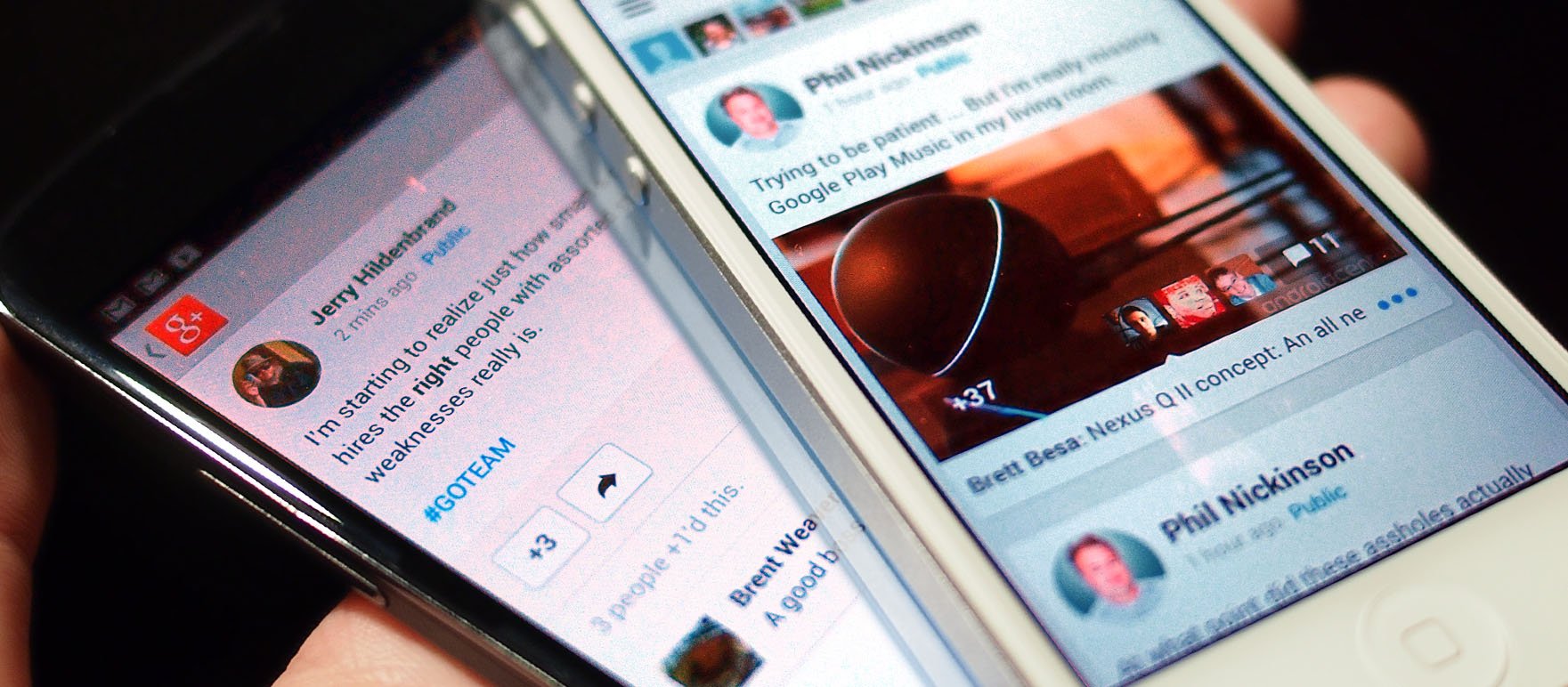

Rene Ritchie iMore
Saturate the airwaves, spread the word
Marketing should never be an afterthought. Not any more than development, not any more than design. When you sit down to code or paint your app, make sure it's with its intended market in mind. The same hook that drives features and experience should drive how you'll sell it.
App stores are, of course, huge. There's no bigger megaphone in app marketing than a store having your app up in a big featured box on a landing page. To get that, you need to align your interests with the platform maker's. Watch their last keynote, see the hot new technology they're focusing on, and then put that in your app - if it makes sense to to so. If you can help a platform maker show how great their platform is, and what it can do what no one else can do, they'll have a huge interest in marketing you.
Be human, be genuine, and tell us why your app is awesome.
Blogs are great too. Mobile Nations has a bunch. Our readers come to us to find out about the latest, greatest apps. If you have one, we want to tell them about it. Be human, be genuine, and tell us why your app is awesome, so we can tell other people.
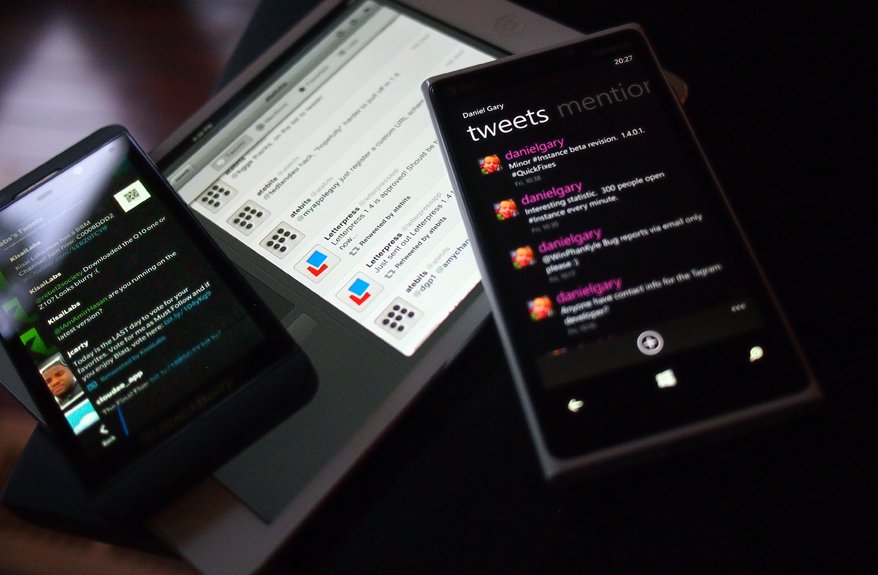
Socializing with the fans
Dissemination and customer interaction on social networking is one of the most powerful tools in an app developer's arsenal. Social networking has enabled a direct and immediate connection between the developer and the customer unlike anything ever possible before. Developers big and small are taking advantage of this, particularly on Twitter.
Rovio Entertainment, the company behind Angry Birds, has amassed more than 27,000 followers on Twitter and regularly uses their @RovioHQ account to tease new games and announce new features. Powerhouse studio EA Mobile uses the @EAMobile account and an array of individual game accounts to reach well over 100,000 combined followers with sale alerts, news updates, and for sharing praise from fans with retweets.
Make sure you have your own website as well, a place potential customers can find in Google or get linked to for more information. Make it enticing. Have a video there. And make sure that video is on YouTube. (Making a video Vimeo-only is like making a website Bing-only -- you don't want people to find it?)
Use social networks, especially Twitter and Facebook, or for Android apps, Google+, for BlackBerry apps get in a BBM channel. Go where the users are. Embrace them. Look for people who have the problem your app solves (even if that problem is boredom).
And always, always, delight your customers with every interaction, in the app and with you. Because the absolute best way to tell people about your app, is to have your delighted customers tell them for you.
Play

Get on social media and try and be hot and buzzy
Dieter Bohn, Senior Editor, The Verge
Q:
How should developers interact with you on social networks?
313
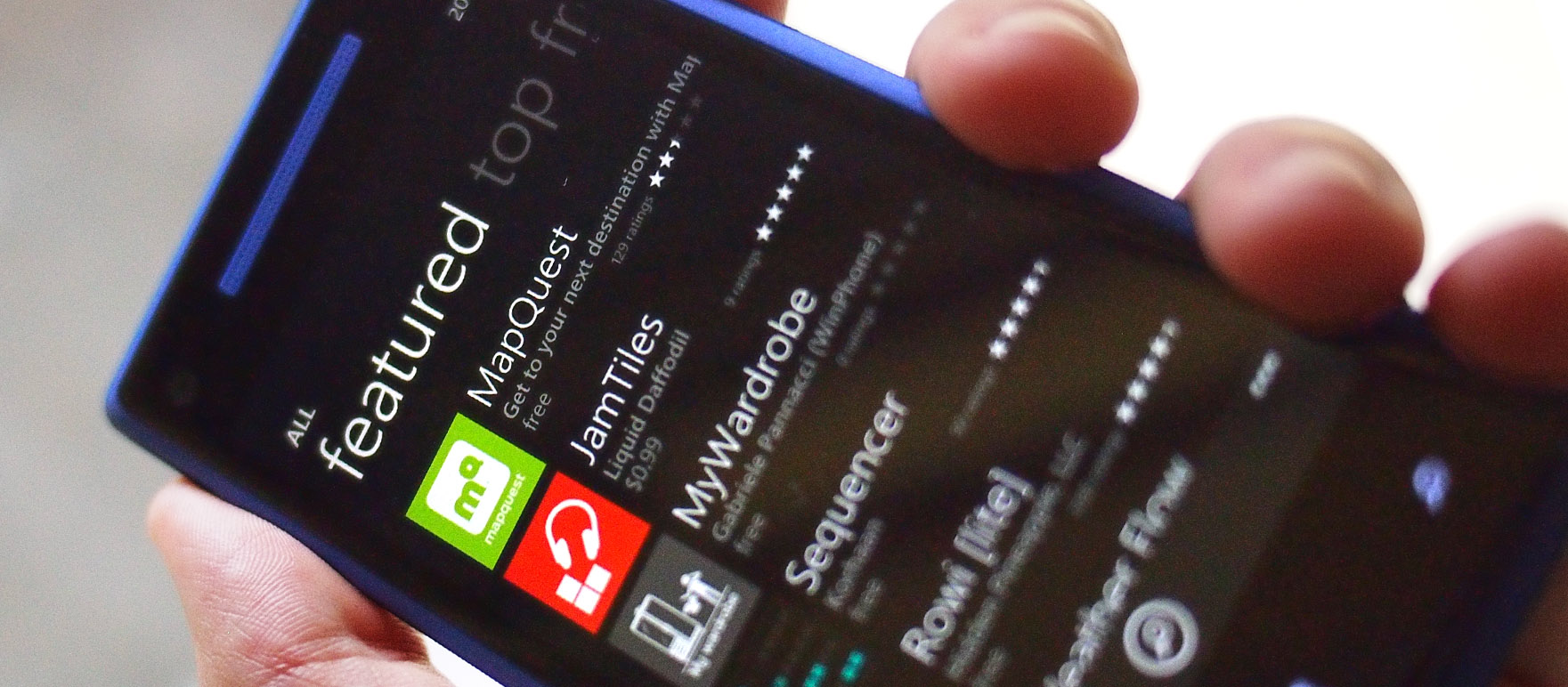

Phil Nickinson Android Central
Cross-platform: More customers are more customers
When in comes to getting your app "out there," more is always better. More platforms, by definition, means more people and thus more downloads. End of story.
The classic (and conveniently, recent) example is Instagram. The social photo-sharing service started as an iOS-only app. You had to have an iPhone to create an account, to take pictures, to share pictures, and to see pictures your friends had shared. After some time (and more than a bit of anticipation) an Android client was released, and the already uber-popular Instagram nearly instantly added millions more users.
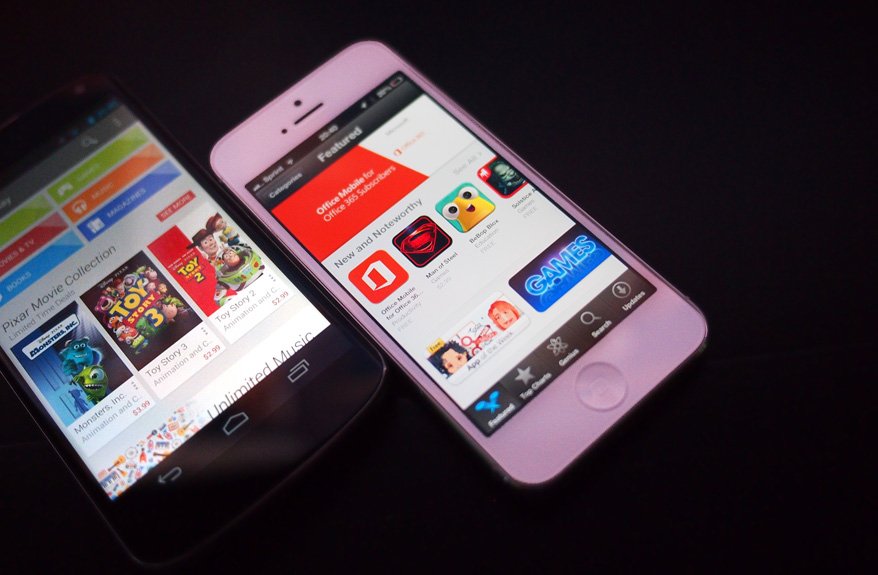
By the numbers
To provide an idea of the size and density of the major app markets, here's a look at the stats for the iOS App Store and Google Play Market:
With 7000,000 apps sharing a total of 48 billion downloads, the average Google Play app has 68,000 downloads. With more than 900 million Android device activations, that's just over 50 downloads per user (though that number and Apple's below likely include redownloads and updates).
iOS has more than 800,000 apps with a total of over 50 billion downloads, netting an average of 62,000 downloads per app. It's worth noting here that Android has a higher free-to-paid apps ratio than iOS. But with around 650 million iOS device activations, the average number of downloads per user pushes up past 75.
Taking that one step further, Instagram finally went from mobile-only to adding a web component. You can now view users' photos from a traditional browser and not just within the application itself.
The flip side of that coin, of course, is loss of exclusivity. That can affect the platform's message, if chosen to make that exclusive app part of its marketing. And in the case of Instagram there was a very vocal (if ridiculously immature) online backlash from some who didn't exactly welcome Android to the picture party.
Faced with the choice of getting millions to use your app or putting up with a bit of whining, it's a no brainer.
That's small potatoes though. When faced with the choice of getting millions more people to use your app or have to put up with a little bit of whining, it's a no brainer.
And so, too, should be the choice to take an application across multiple platforms. Unless there's a very specific reason not to, or some sort of prohibitive development issue (time, money, and personnel probably would lead that list), having an app on Windows Phone and BlackBerry and Android and iOS should be nothing but good for the bottom line.
Q:
Talk Mobile Survey: The state of mobile apps
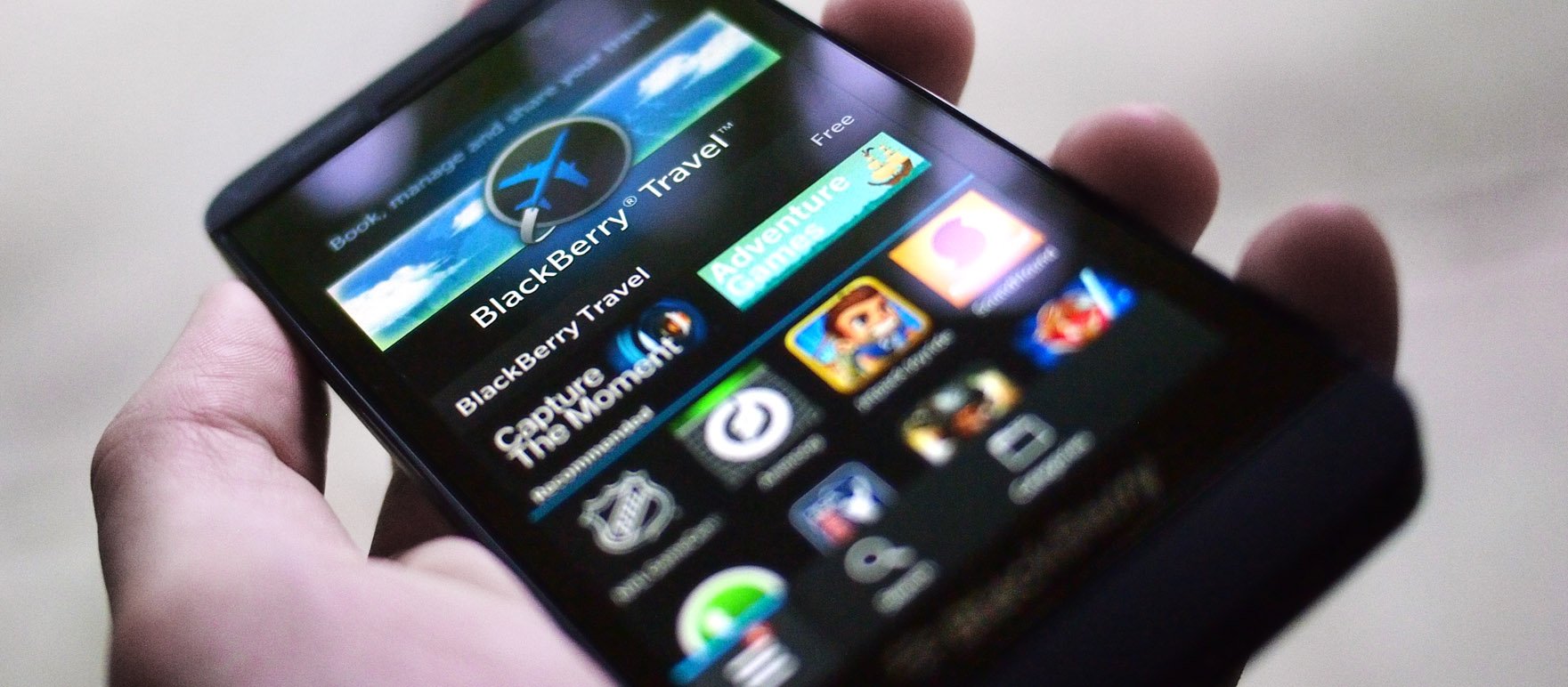

Kevin Michaluk CrackBerry
Exploiting new and old opportunities to make it big
Mobile app development has gone through explosive growth in the past few years. The early days were like a gold rush, with developers rushing in to claim their stakes in hopes of striking it rich. These days it can be more like a lottery, with a confluence of events all adding up to make a few apps smash hits, and many, many, many more total flops.
That lure is sexy. Angry Birds. Instagram. Candy Crush. And who knows what or who could be next... maybe us? Maybe you? But the hit-driven business is built on a massive graveyard of misses, and it ignores something that's potentially far more lucrative, and less risky.
Apps are the new websites. Everybody is mobilizing their business. It's not sexy like a megahit, but for most developers, it's a far more sustainable model. Consulting is one way to do it, straight work-for-hire is another. A lot of developers are experiencing unsung success helping big companies build mobile apps.

Boardroom inroads
In early 2013, enterprise services company Citrix released a report on the distribution of mobile devices connected to their services. Overall, iOS devices like the iPhone and iPad accounted for 58% of deployments, while Android clocked in at 35%, with legacy Windows Mobile making up the remaining 7%.
In particular, Apple mobile devices dominated in North America with a 62% share (North America accounting for 71% of Citrix's total numbers) and the Asia-Pacific region with 3 out of every 4 corporate mobile devices. Breaking down the iOS devices, iPhone and iPad share was nearly equal across the board.
Citrix also broke down the numbers by industry, finding that iOS was by far the platform of choice of industries like entertainment, insurance, legal services, and real estate, while Android took a substantial lead in transportation, healthcare, and communications.
Gaps still remain in the market. Some platforms have dozens of weather or Twitter apps, with great design and really mature feature sets. But some business apps still look and work like they were made in Soviet Russia. Also, while iOS and Android might be flooded, there could be fantastic opportunities to bring apps over to BlackBerry 10 or Windows Phone 8. Customers there have money and they want to spend it. They may not be as big a market yet, but owning it could still be lucrative.
What really matters is that the apps you need to use are there, and that those apps provide a high-quality experience.
Play

Don't be afraid to take it and tweak, tweak, tweak, tweak, tweak.
Alec Saunders, Vice President of Developer Relations, BlackBerry
Lastly, any time Apple or BlackBerry or Google or Microsoft introduces a new technology, there's a new opportunity. If you can figure out a really clever way to use that technology, not only will the platform love you and promote you, you have a chance to capture mindshare from the established players.
That's the great thing about mobile -- it's moving so fast and new opportunities are being created all the time. Be aware, be agile, and be ready to jump on them when you see them.
Q:
Which apps do you want but simply cannot find?
313
Conclusion
It's not enough to make a great app. It needs a way out into the world, and for the world to know about it. They need to be built with an audience in mind, or else nobody's going to download it - and if nobody downloads it, there's no revenue. It seems like simple math, but with hundreds of thousands of apps in each catalog, it's certain not every developer is doing the math when it comes to making a unique app.
Having a marketing plan is vitally important. Most mobile app developers can't advertise their app as traditional PC app developers have for decades, and that's okay. Mobile marketing is different - there's more word-of-mouth and direct engagement thanks to social media. Developers have the chance to reach out and talk directly to their customers and engender the kind of goodwill that's impossible with a commercial or magazine page.
Developers have to be their own best cheerleaders. An amazing app just dumped into the store stands little chance of getting noticed. If it was worth the effort to make the amazing app, it's worth the effort to make sure people know about it. Wouldn't you agree?

